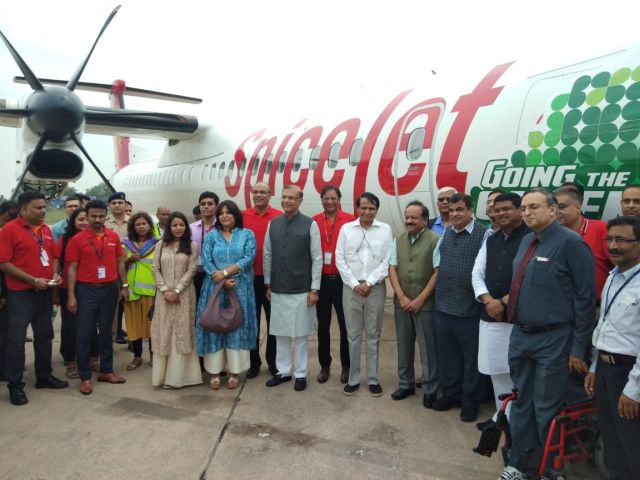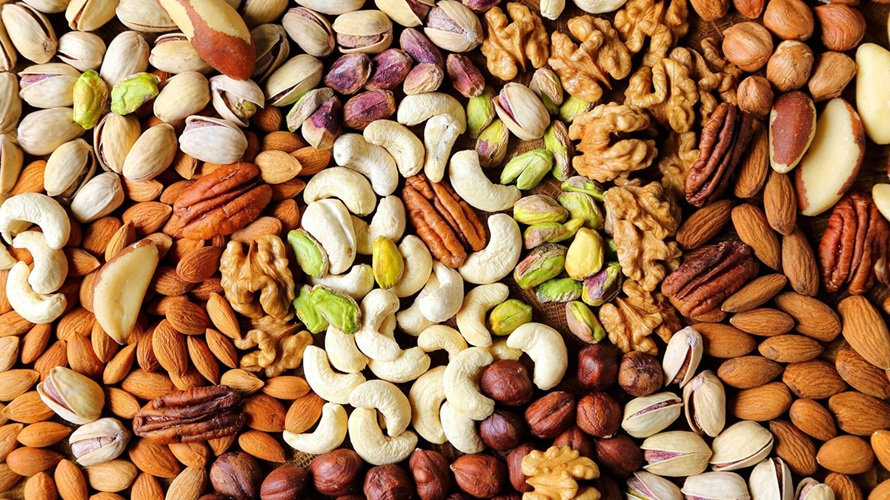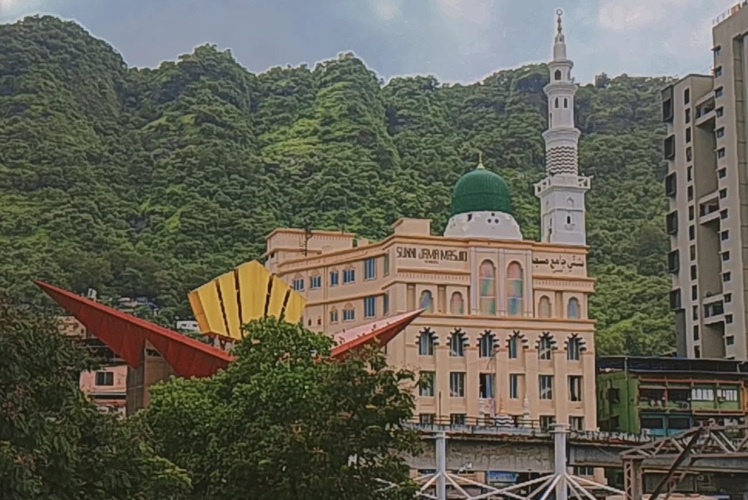 New Delhi/Dehradun : Budget passenger carrier SpiceJet on Monday successfully operated India’s first test flight partially powered by bio-fuel.
New Delhi/Dehradun : Budget passenger carrier SpiceJet on Monday successfully operated India’s first test flight partially powered by bio-fuel.
A mix of 25 per cent bio-fuel and 75 aviation turbine fuel (ATF) powered a SpiceJet Q400 turboprop aircraft on the 200 km flight from Dehradun to Delhi on Monday morning.
SpiceJet termed the operation India’s first-ever “BioJet Fuel” flight. It pointed out — reduction in carbon emissions and enhancement of fuel efficiency — as advantages of using “BioJet fuel” as compared to ATF.
The bio-fuel type made from the Jatropha crop was developed by the CSIR-Indian Institute of Petroleum (IIP), a constituent of the Council for Scientific and Industrial Research based in Dehradun.
Subsequently, 25 per cent of bio-fuel blended with ATF powered one of the two engines of the Q400 aircraft for the over 40-minute-long flight.
The aircraft ferried 28 on-board, including the crew and regulatory officials. It was received by Cabinet ministers and airline officials at the Indira Gandhi International Airport’s Terminal 2.
At an event to mark the success of the test flight, Civil Aviation Minister Suresh Prabhu said that the central government plans to come out with an environment friendly aviation action plan till 2035.
On the policy front, Road Transport and Highway Minister Nitin Gadkari said that a cabinet note on the standardisation and use of bio-fuel blended with ATF will be prepared by Ministry of Petroleum and Natural Gas.
Gadkari elaborated that bio-fuels obtained from non-edible seeds will aid in employment creations, import substitution, making transport costs effective and pollution free.
As per IATA, aviation industry contributes to 2 per cent of the total greenhouse gas emissions in the world, which will rise as the sector expands.
The development assumes significance due to high ATF prices, which have dented the domestic airline sector and led almost all players to report losses for the first quarter of 2018-19.
Presently, fuel prices constitute around 50 per cent of the overall operations cost of domestic airlines. India’s ATF prices are amongst the highest in the world due to crude oil import and addition of state levies.
The fuel is not under the GST ambit like the bunker fuel used for the shipping industry.
“Rising costs are worrying for aviation companies. The reason being the high fuel costs,” Gadkari said.
“It is approx. Rs 70 a liter, it can cost up to Rs 10 less which in turn will help… boost the aviation sector as a whole.”
According to SpiceJet Chairman and Managing Director Ajay Singh: “This fuel is low cost and helps in significantly reducing carbon emissions. It has the potential to reduce our dependence on traditional aviation fuel by up to 50 per cent on every flight and bring down fares.”
—IANS





0 Comments